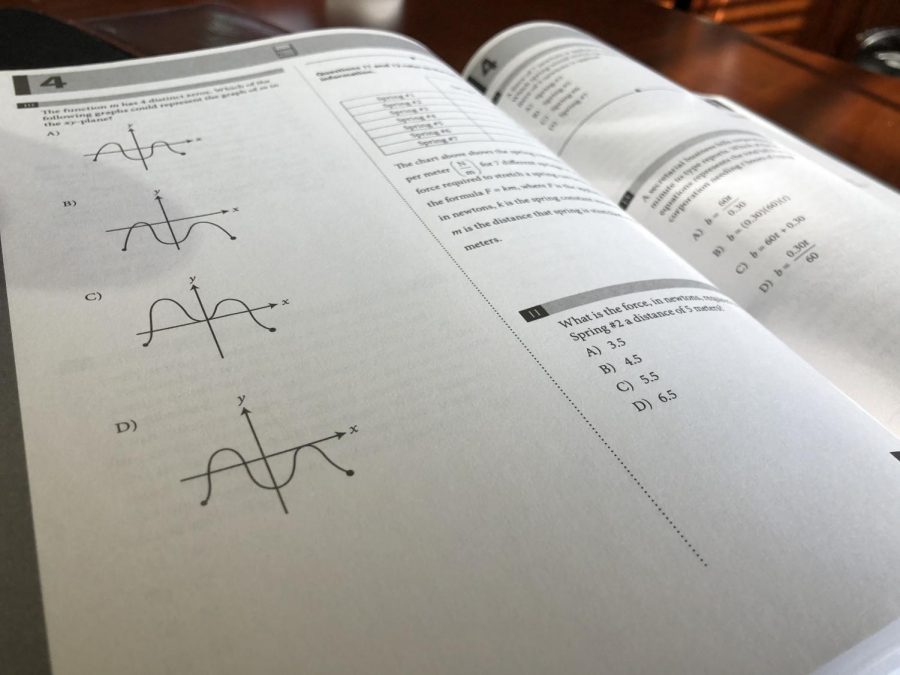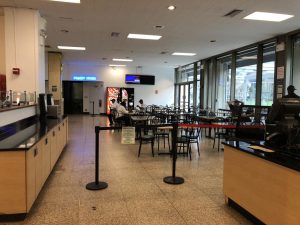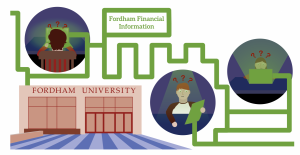Fordham Goes Test-Optional Due to Coronavirus Pandemic
SAT and ACT preparation has been a stressful time for college applicants. Due to the ongoing pandemic, Fordham has chosen to forego standardized test application requirements.
June 6, 2020
With the coronavirus outbreak leading to the cancellation of many ACT and SAT exams, Fordham made the decision on May 6 to go test-optional for at least the next two years.
“On April 29, the National Association for College Admission Counseling (NACAC) urged institutions to reassess their standardized testing policies, especially in light of the effects the COVID-19 pandemic is having on academic schedules,” Vice President for Admissions and Student Financial Services John W. Buckley said.
According to the announcement email, Fordham had been considering going test-optional before the pandemic. Buckley wrote in the email that “There has been ongoing dialogue in the admission community about the racial and socioeconomic disparities that standardized testing reinforces and exacerbates.”
Dean of Undergraduate Admissions Patricia Peek agreed that “Standardized tests can be a barrier to many students for varied reasons.” Peek echoed the barriers that students of different races and socioeconomic classes face but also included test anxiety. The test-optional policy will allow students to share with the Office of Undergraduate Admissions the aspects of themselves that they find best represent them, according to Peek.
There are many socioeconomic disparities that low-income students face with standardized testing. Taking the exams can be expensive, meaning that higher-income students have the opportunity to retake the exam more times. Higher-income students also often attend better-funded schools, which offer more AP and IB classes and increased access to standardized testing tutors, which leads to increased familiarity and comfort with the standardized testing process.
These advantages led to students from families that earned over $200,000 per year having an average score of 1714 on the SAT, whereas those from families earning less than $20,000 annually had an average of 1326.
Peek stated that the Office of Undergraduate Admissions has researched the use of testing and feels confident that they can conduct admissions decisions without the tests.
“To provide equity and access for all students, a test optional pilot for the next two years will allow us to rely even more heavily on other elements of a student’s application,” Peek said. “Rigor of coursework, academic grade trends, leadership, work, service and quality of the essay will play an even greater role in our evaluation.”
For Fordham, the next two years will serve as a pilot period. Peek explained that she does not expect to reverse the decision but the Office of Undergraduate Admissions will be looking at class data and retention rates when making the decision.
Peek said that the office is excited about this change after receiving positive feedback from students and the university.
“We look forward to refining our admission process under this new policy which we strongly believe will help advance Fordham’s mission,” Peek stated.















